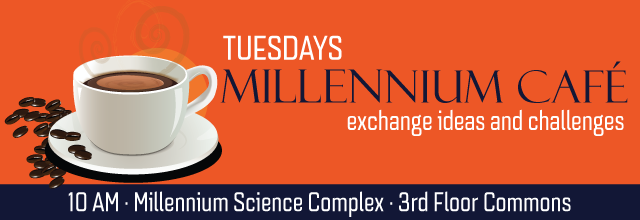
To enhance public engagement with science, health, and environmental issues, it seems intuitive to simply present the public with appropriate information. Yet social scientific evidence has shown that increased knowledge does not necessarily translate to desired changes in beliefs, attitudes, or behaviors. Not to mention, media messaging about science, health, and environmental issues must compete for the public’s attention in a fractured, divisive media landscape. This talk will discuss findings from several studies that point to some promising messaging strategies that may help cut through the noise and shift public views and behavior, with particular attention to the role of emotion.
Chris Skurka | College of Communications
